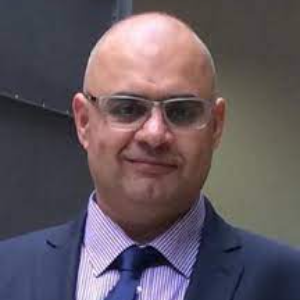Title : CFD Using Code in Materials Engineering
Abstract:
In the present scenario many important features during the materials processing or application such welding process or phase change materials used in energy storage unit could not be captured and it is difficult to understand the physics of the process and many phenomena by experimental study alone. Generally, there are three types of process modelling techniques that have been used to investigate and analysis the materials behaviour in many processing process, which are solid mechanics models, Computational Fluid Dynamics (CFD) models and analytical models. In this presentation some important results obtained by the author will discussed which in include melting of the phase change materials utilized in energy storage unit. Flow behaviour during friction stir welding will be addressed.
What will audience learn from your presentation?
- Process modelling techniques that have been used to analysis the materials behaviour in some process.
- How to deal with the industrial problem in order to simulate the process.
- The outcome of this shows the ability to predict and interpret the behaviour of the materials using specific parameters and component geometry without the need for experimental trials; which will provide new information to assist in a design problem


